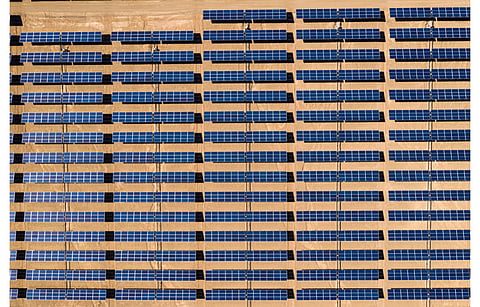

Indian Ministry of Finance has excluded solar power plants from paying concessional custom duty on importing PV equipment for projects as is allowed under Project Import Regulations, 1986, thereby shutting the loophole that some developers had reportedly been resorting to, to circumvent Basic Customs Duty (BCD) imposed since April 1, 2022.
In a notification issued by the Central Board of Indirect Taxes & Customs, the government has amended the line 'All Power Plants and Transmission Projects' in the Project Import Regulations, 1986 to now 'All Power Plants and Transmission Projects, other than solar power plants or solar power projects'.
These Project Imports (Amendment) Regulations, 2022, have become effective from October 20, 2022.
According to local media reports, by availing the loophole available before the amendments, projects were able to pay 7.5% concessional duty on importing solar equipment for their projects which provided them relief from paying full 40% BCD on imported modules and 25% on cells (see India Imposes Basic Customs Duty On Cells & Modules).
To help the industry from high prices, the Ministry of New and Renewable Energy (MNRE) has allowed the BCD and Goods and Services Tax (GST) increase from 5% to 12% to be treated as Change in Law, with conditions apply (see REI Expo 2022 Concludes On Optimistic Note).
Partner at EY, Saurabh Agarwal in a LinkedIn post said this exclusion is likely to shoot up the cost of modules by approximately 33% to 34%, prompting developers to use the Change in Law provision to cushion themselves from the impact. He also added that it shows the Indian government is serious about its Make in India scheme to promote domestic solar manufacturing.
The Indian government's single-minded efforts in this direction recently prompted 13 European and American CEOs to ask European Commission to take cue from and speed up solar PV manufacturing within the European Union (EU) (see Solar CEOs Demand Bold Action From European Commission).
.png?w=50&fm=png)